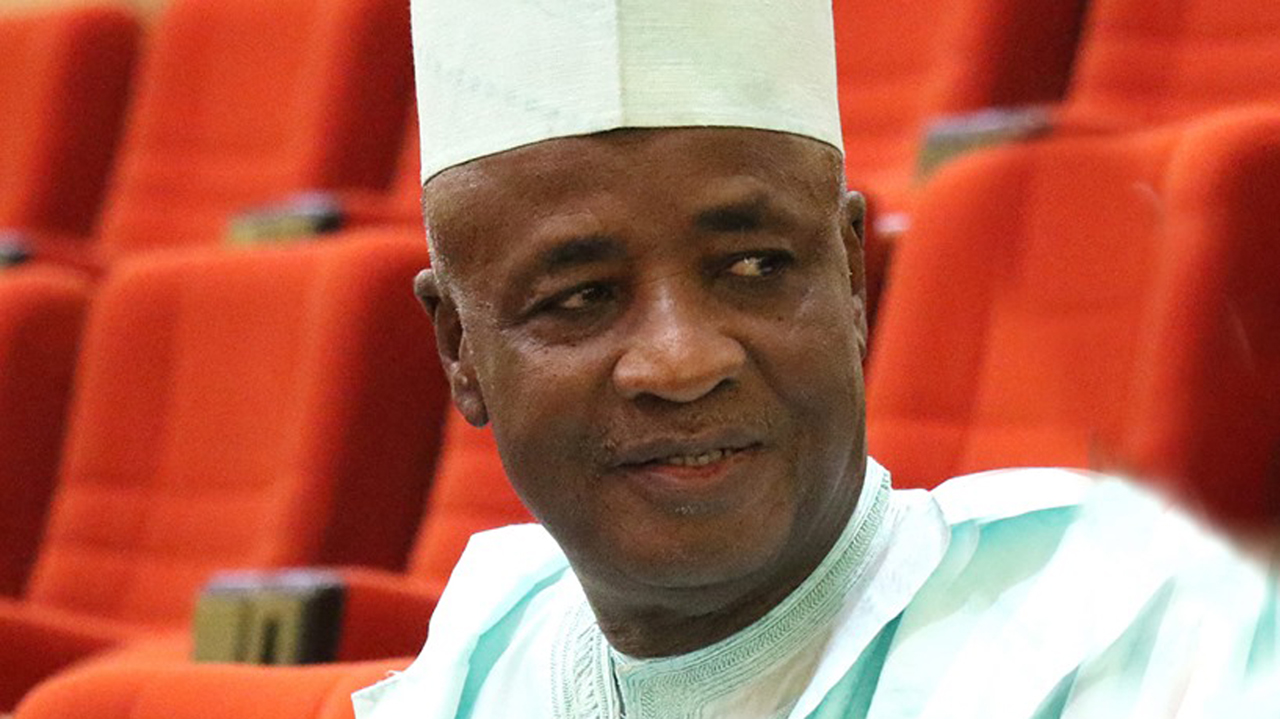By Emmanuel Ado
There is no doubt that for Nigeria, as a country and a people that diversification of the economy is the way to go.The Buhari administration came up with Economy Recovery and Growth Plan(ERGP), to diversify the economy which has depended on crude oil,with the dire consequences for Nigeria because of its volatility. Key priorities include ensuring food security,and employment through agro – related manufacturing.Diversifying the Nigerian economy,to conserve scarce foreign exchange spent on importing food – from ríce to vegetable oil,is an enlightened self interest. The Nigerian economy has been hit hard,real hard by the fall in oil prices,which has consequently affected foreign exchange earnings,which like Fela will say is “double wahala”,considering the huge import bill for food. The challenge is to increase non – oil revenue,provide employment and to stop importation of food.
Only agriculture and agro-allied industries have the capacity to absorb the alarming army of unemployed youths.And it will remain for the foreseeable future the largest employer of Labour. But there are many critical issues that must be addressed to ensure that the desired objectives are achieved in terms of food security, creation of employment,increasing productivity – incorporating small farmers in value chains, increasing access to markets, ensuring availability of inputs and price stability etc,which would most certainly help guarantee income for small holder farmers and agribusinesses in Nigeria.
Nationally as at 2017, the National Bureau of Statistics (NBS) figures shows that the unemployment rate rose from 14.2% to 18.8% in 2017, though the labour population increased from 83.9 million in the second quarter to about 85.1 million in the third quarter of 2017, a difference of 1.2 million in additional workforce. Nigeria in 2017 only attracted 6.85 billion dollars worth of foreign investments which is nothing to write home about, considering that more than 60% was in portfolio investment and not in the manufacturing sector. Though a good sign of investors confidence and strong indications that Nigeria is on the path of recovering from recession.
But like every other thing,Nigeria scores very high in mouthing slogans,but very poor in taking concrete steps nor does it have the necessary discipline to see policies through to their logical conclusions.The main target of the agricultural diversification efforts should be the unemployed youths- the teeming millions that are graduating every year,but tragically there is no programme in place at the national level to encourage them to embrace agriculture. For instance while there is a general consensus that demonstration farms are necessary to convince the youths that farming can be profitable,none has been established. Like the South African Deputy Minister of Finance Sfiso Buthelezi said “we need to make farming very, very cool for young people”. He went further to add but “making farming cool is not just about slogans and exhortations”.
Climate change is for real and it threatens food production,which is further compounded by a growing population which translates into increased food demand. And only technically savvy and highly skilled farmers can deal with the issue of food security that stares mankind in the face. Farming is far from easy. And for would be farmers there are many challenges – from acquiring the land to fluctuations in prices which pose serious challenge. Addressing these challenges are critical,if we are to achieve the desired goal.
Kaduna State government has attempted to address some of the issues in a frontal manner. For instance it cleared about 5,000 hectares of land In Kubau Local Government Area, and another 5,000 hectares of land in Kachia Local Government for commercial farming where about 5,000 Nigerian citizens especially youths were supported to cultivate maize, rice, beans.Considering the prohibitive cost of land clearing and preparation,the government deserves praise. Governor El-Rufai is unambiguous in affirming the role of the private sector in driving the economy of Kaduna state. “Investments by the private sector will play a crucial role in achieving the objectives of our programme.Government can directly employ only a few persons.Job creation, the reduction of poverty and the boosting of human dignity and living standards are all goals that require the government to be smart in making choices”.
The Kaduna State Development Plan 2016-2020,which reflects the policy priorities, and outlines the government aspirations of being the investment destination and food basket for Northern Nigeria is unequivocally clear that economic development of the State will be anchored on agriculture, due to its capacity to provide employment to its teeming unemployed population, address food security and a source of raw materials for agro-processing industries.The government strategy is based on statistics,that about 80-85% of its 15 billion GDP is accounted for by agriculture,which also accounts for 42.7% of total employment of its people.
The latest effort in ensuring that youths are not only attracted,but retained in agriculture is the setting of the Kaduna Produce Management Company (KADPMC) in conjunction with the private sector. The mandate of KADPMC is to provide support for farmers in a way that rewards output and encourages farmers to produce more. Every farming season the company is expected to announce the minimum guaranteed price it would offer farmers in Kaduna State for selected crops such as maize, ginger, soya beans, sorghum and tomatoes in the 2018 cropping season. And when necessary acting as a buyer of last resort.It will also be responsible for the produce aggregation, storage and quality control services which the old commodity and marketing boards used to provide for farmers and buyers.
The benefits of the Kaduna State initiative is that farming will be boosted and value chain energized – raw materials will be readily available to serve the agro-cluster in the Green Agro-Allied Industrial Zone (GAAIZ) that has Olam’s poultry project and OCP Africa’s fertilizer operations as anchor tenants.
This is a practical way of making farming attractive to young people,a major talking point in development circle,especially as the farming population are ageing and youths, especially young graduates, seem put off by the low returns associated with farming. Farming must appear cool. And Kaduna is doing just that by focusing on the challenges that had discouraged them from taking to it. Farming can be and is a profitable business- all that is needed is sufficient return for their labour and capital.
There is no better advertisement for farming than friends seeing their successful friends,who have made money from agriculture and this is what Kaduna State has achieved by this singular act. It has enticed farmers,which is great considering that the average age of Nigerian farmer is about 60 and fewer youths are taking up farming.
Kaduna State which has taken bold steps to attract youths by making land and capital available to them,has consolidated it with the Produce Marketing Company. Hopefully there will be a more young people taking to farming. The company apart from controlling prices,should play an increasingly important role in the task ahead by funding research to improve quality and yield of products.




